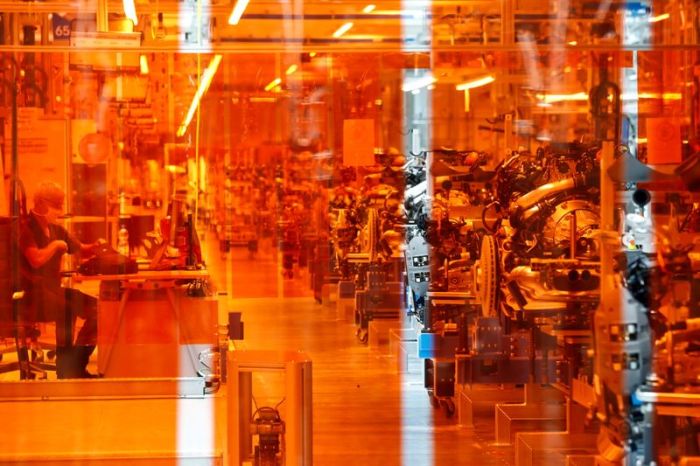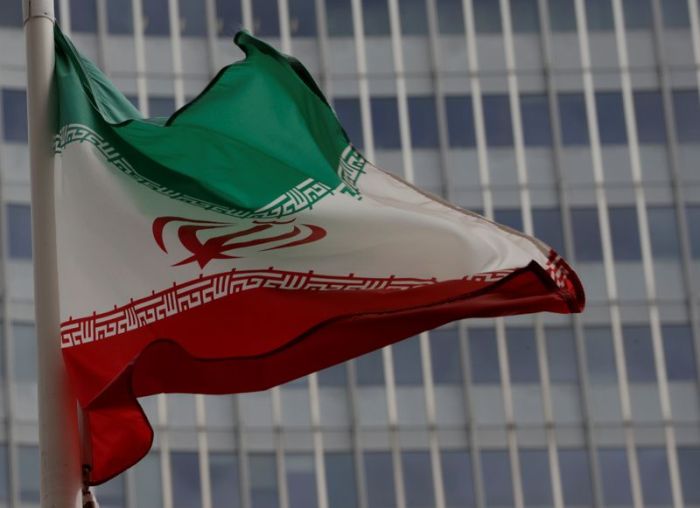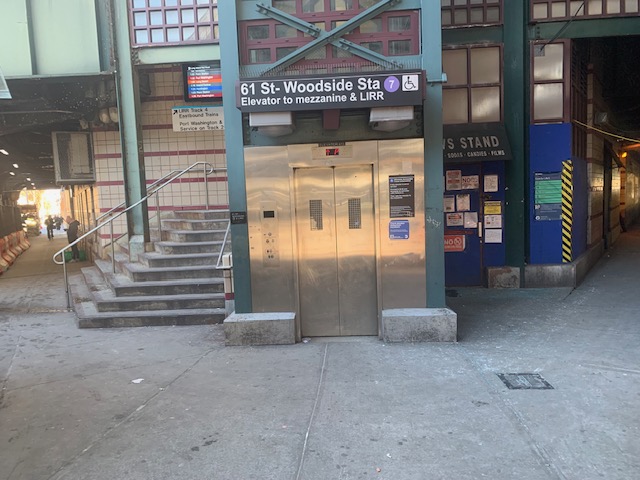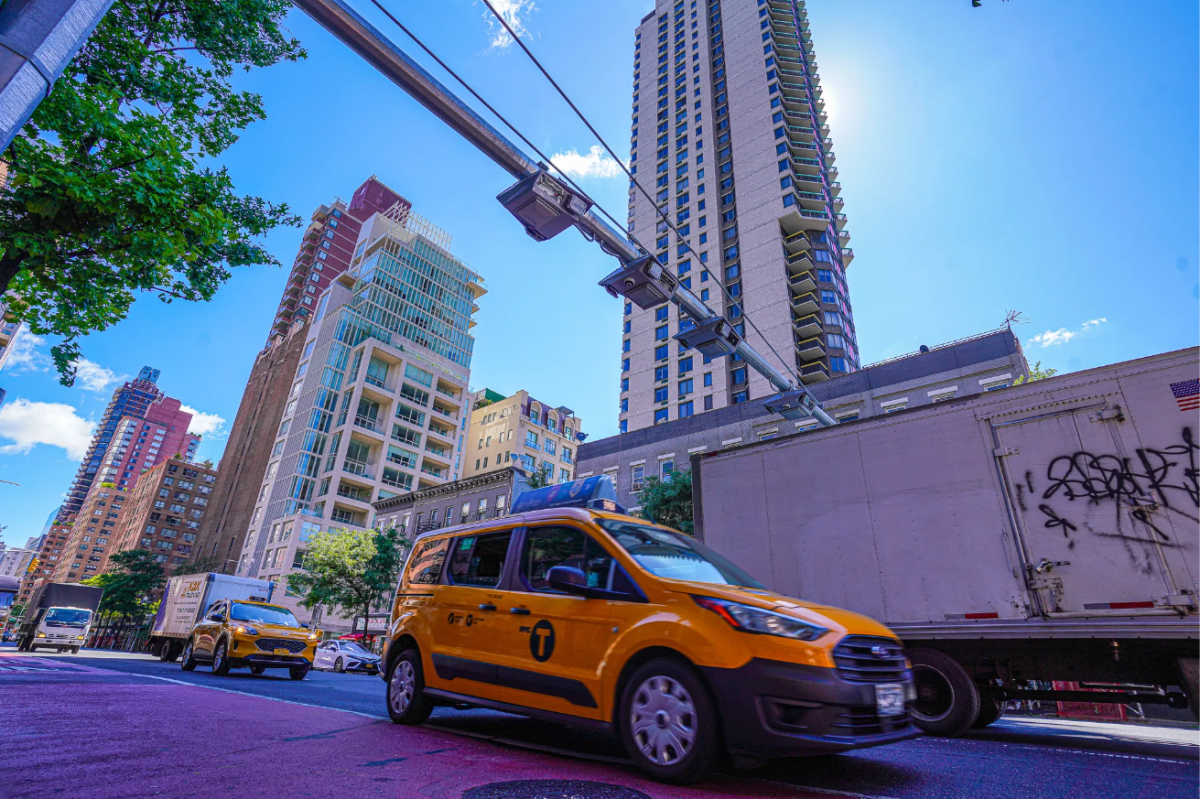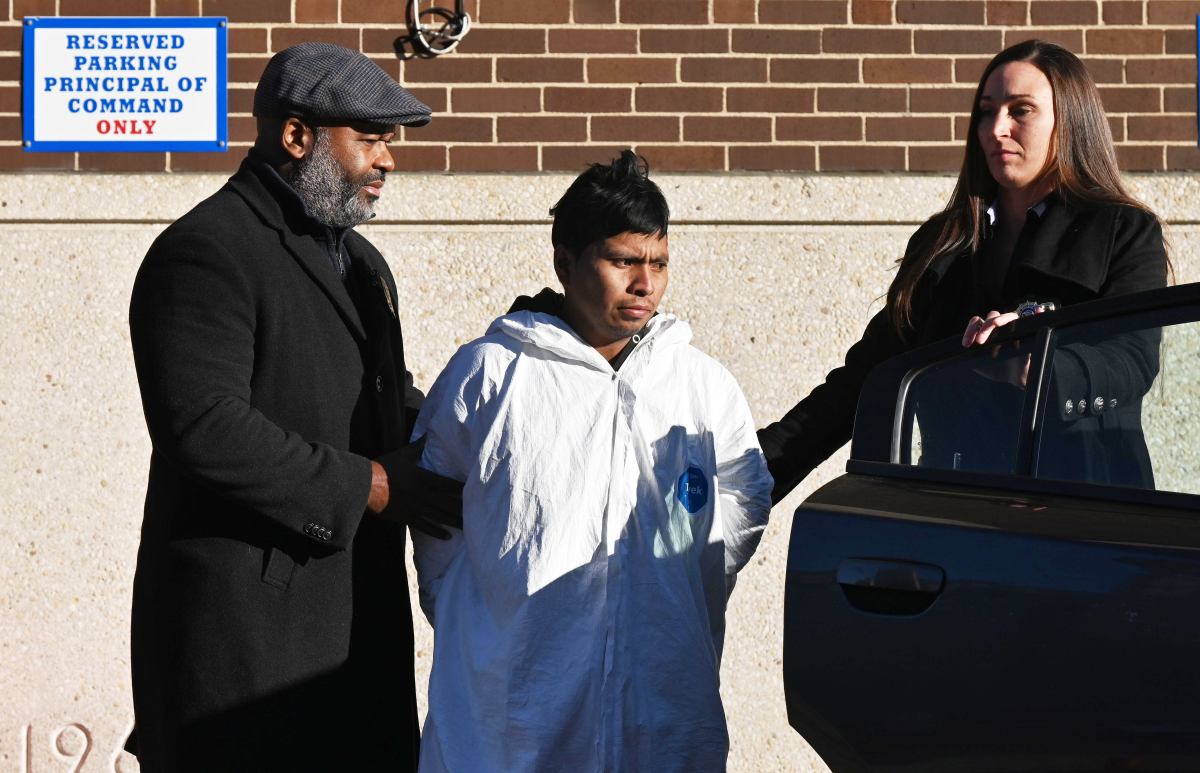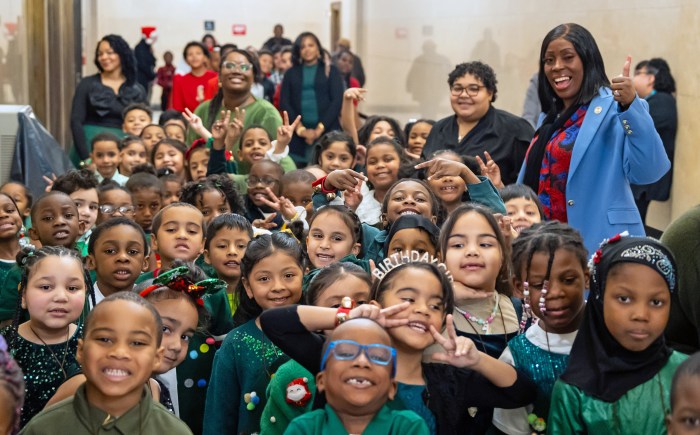LONDON (Reuters) – Britain is considering pulling its judges out of Hong Kong’s highest court, Foreign Secretary Dominic Raab said on Monday, in its latest response to what it considers China’s breaches of its international obligations in the territory.
Britain, which ruled Hong Kong for over 150 years until it handed it back to China in 1997, says a new security law imposed on the territory by Beijing just before midnight on June 30 was a breach of the 1984 Sino-British Joint Declaration that paved the way for the handover.
London has also objected to new rules imposed by mainland China to disqualify elected legislators in Hong Kong, and to what it describes as retribution by the territory’s executive against political opposition and silencing of dissent.
“This has been, and continues to be, the most concerning period in Hong Kong’s post-handover history,” Raab wrote in his foreword to the latest in a regular series of six-monthly reports on Hong Kong.
“I have begun consultations with Lord Reed, President of the UK Supreme Court, concerning when to review whether it continues to be appropriate for British judges to sit as non-permanent judges on the Hong Kong Court of Final Appeal.”
The presence of foreign judges in Hong Kong is enshrined in the Basic Law, the mini-constitution that guarantees the global financial hub’s freedoms and extensive autonomy under Chinese rule, including the continuation of Hong Kong’s common law traditions forged during the British colonial era.
The Hong Kong government hit back at what it described as “sweeping attacks and groundless accusations” in the report, adding they were “irresponsible remarks”.
The Chinese foreign ministry’s commission in Hong Kong expressed “strong indignation” at the report, according to the official Xinhua news agency.
“Wake up and stop the old colonial dream of interfering in Hong Kong’s affairs!”, it quoted a representative as saying.
Hong Kong leader Carrie Lam has repeatedly spoken of the role of leading foreign judges in highlighting Hong Kong’s judicial independence.
About 13 foreign judges currently serve as non-permanent judges on Hong Kong’s top court, including nine British jurists.
Beijing imposed a national security law on Hong Kong in June that punishes what authorities broadly define as secession, sedition and collusion with foreign forces with up to life in jail, following a year of sometimes violent demonstrations.
Western governments and international human rights groups have expressed concern the law will crush freedoms in Hong Kong.
In the foreword, Raab said he had begun consulting on what to do about British judges who currently sit on Hong Kong’s top court.
Britain had already announced new immigration rules making it easier for people from Hong Kong to live in the United Kingdom, suspended its extradition treaty with Hong Kong and extended its China arms embargo to include Hong Kong.
(Reporting by Estelle Shirbon in LONDON and Anne Marie Roantree and Greg Torode in HONG KONG; Editing by Timothy Heritage and Michael Perry)


